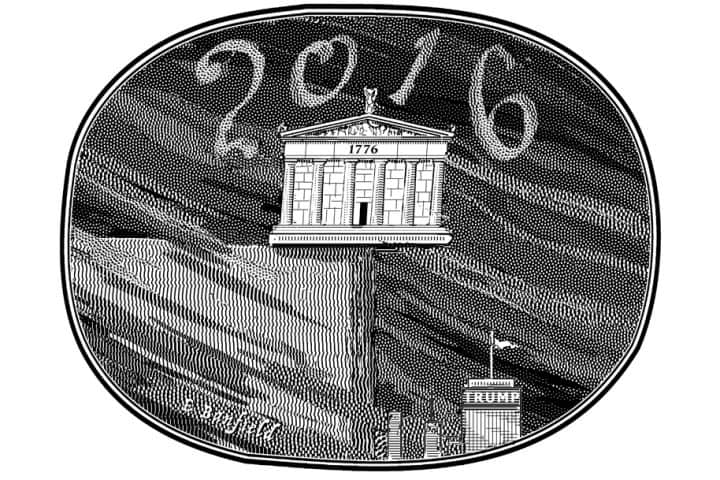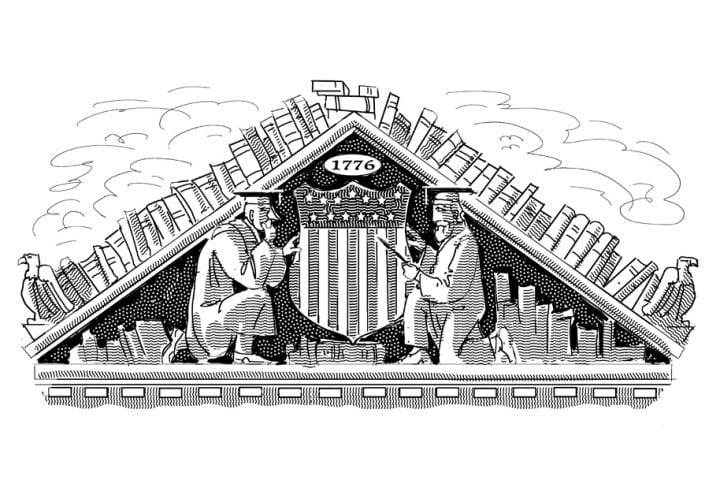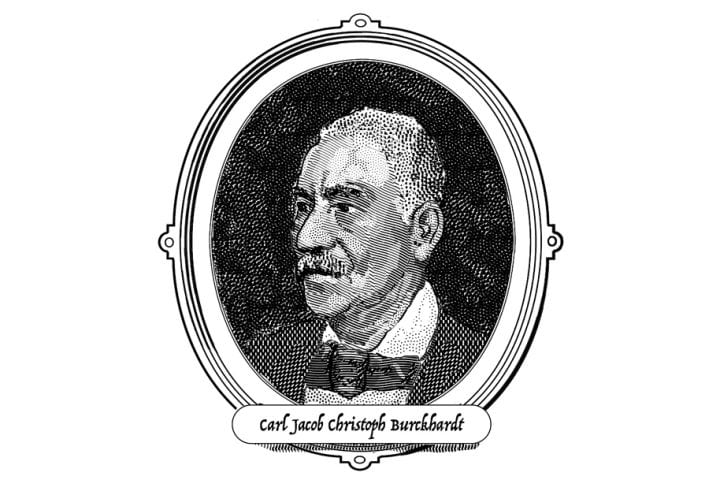Earlier this month, a reporter asked President Obama about Washington, D.C.’s troubled subway system, Metro, which was shut down completely for 24 hours in March to make critical, long overdue repairs. The proximate cause of the situation, said the president, was America’s “neglect” of vital infrastructure, such as roads, ports, and water systems.
And the ultimate cause? The usual suspects. The “Republican Congress has been resistant to really taking on this problem in a serious way” due to “an ideology that says government spending is necessarily bad.”
Obama’s eight years as the nation’s most prominent, important politician have not diminished his weird ability to be simultaneously predictable and astounding. Ascribing Metro’s troubles to tight-fisted, shortsighted GOP ideologues on Capitol Hill would be impossible for anyone even faintly aware of its history.
Two weeks before the president spoke, an exhaustive Washington Post report demonstrated that Metro’s failures are largely organizational, not financial. Not only Republican congressmen from the hinterlands, but officials from the blue jurisdictions of Maryland, the District of Columbia, and northern Virginia, are dubious about increasing Metro funding. They fear that “the agency is guilty of grossly mishandling the money it already has received.” A Metro board member told the Post, “Nobody was stealing money,” but “it’s kind of like a bank teller losing track of where the money is.”
A great deal of the money, it turned out, was devoted to expanding the system as rapidly as possible, while far too little was spent on basic maintenance and adequate safety systems. These failures led directly to crashes and fires that have killed 14 people since 1982 (the system began operating only in 1976), and injured scores more.
Metro is hardly an infrastructure anomaly. According to journalist Gregg Easterbrook, Boston’s “Big Dig” took twice as long to complete as originally forecast, and cost three and a half times as much. New York’s Tappen Zee Bridge opened in 1955, costing (in today’s dollars) about $800 million. Political scientist Philip Mark Plotch, author of a book on the bridge, has written that New York “had an opportunity to repair and extend the…life span” of the original bridge, but “by the time state officials finally made a decision…it had deteriorated so badly that the state had no choice but to replace it.” In 2018, New York plans to open a new Tappen Zee Bridge. Officially, the projected cost is “approximately $3.98 billion,” a formulation that tries, desperately and transparently, to encourage the hope that a project certain to cost more than $4 billion might somehow cost less.
* * *
“Liberalism has a blind spot regarding money management,” writes Easterbrook: “no matter what the question, the answer must always be more spending.” Back in the day, candidate Obama seemed to understand that incompetent, expensive government was a mortal threat to the political cause of activist government. Liberals were thrown on the defensive in the 1980s, he wrote in The Audacity of Hope, because a “central insight” of Ronald Reagan’s “contained a good deal of truth.” It was that the “liberal welfare state had grown complacent and overly bureaucratic.”
But it has been clear from the start that President Obama regards the quality of government operations as a rhetorical problem, not a management problem. “We don’t do the small stuff well,” a White House official lamented after the lethal ineptitude of the Veterans Affairs Department came to light. “And the small stuff is the important stuff.”
His record has caused even Obama’s most fervent admirers to lose heart. In 2008, Ezra Klein wrote idiotically that “Obama is, at his best, able to call us back to our highest selves, to the place where America exists as a glittering ideal.” In 2014, however, he wrote disdainfully, “Obama has flatly failed to restore America’s faith in the government’s ability to do big things well.” Despite having been president for years, he was “curiously passive” about running a government capable of the VA scandal or the healthcare.gov website debacle.
Even liberal insiders, then, say that modern government works fine, apart from its inability to do small stuff. And big stuff.
Emmitt Rensin has decried, in a widely discussed Vox.com essay, the “smug style in American liberalism.” He’s right to condemn liberals for assuming that the difference between liberalism and conservatism corresponds to the difference between smart and stupid.
But the problem is much deeper. Liberalism harms itself and America by treating its glittering ideals as self-justifying, obviating the need to attend to such annoying details as whether government programs really can or do advance these ideals, or the required resources are in fact put to their best and highest uses. This is the smugness that treats good intentions as a permanent excuse for bad management, bad results…and bad presidencies.


